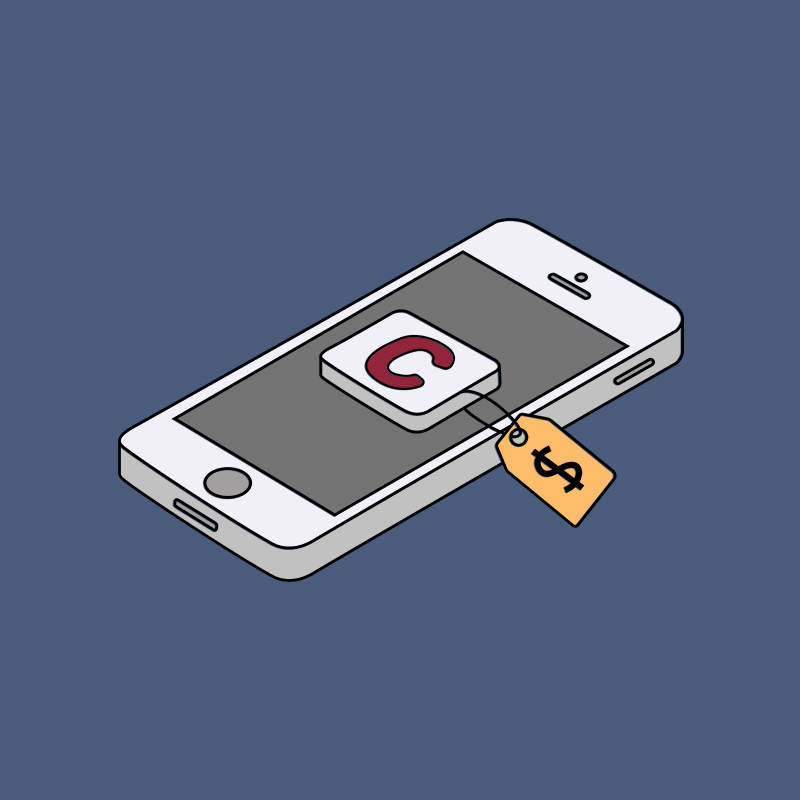University’s mobile tool gives access to shuttle bus schedules, directories and more
Concordia’s administration is keeping silent on the cost of its new mobile app. When The Concordian asked about it, the university responded that the “cost for licensing the app was minimal.”
The app, which was released in August, has already been downloaded more than 1,000 times. It provides students with information about shuttle bus schedules, food around campus, health and safety resources and other subjects.
The university also would not confirm if the cost was within the projected budget, where the funding came from, the cost of maintenance or the expected return on investment.
Version 1.4.0 of the app––its latest––allows the university to access the user’s approximate or precise location, depending on whether the phone is network-based or GPS-based. It can also read the photo, media and file content of the phone’s USB storage, according to Google Play.
According to university spokesperson Mary-Jo Barr, “all the work was and will continue to be done in-house.” In the same email, Barr wrote that “an analysis was made to learn which apps were offered to students by other universities and, within those offerings, which apps were used most often by students.”
Two universities in Quebec currently offer mobile applications to their students, namely Université du Québec à Trois-Rivières and McGill University. While it’s unknown how much Concordia spent to develop the app, Montreal-based Oohlala Mobile Inc. bidded $67,200 to acquire the contract to build McGill’s app, according to a public call for bids on Quebec’s Service électronique d’appel d’offre.
Oohlala Mobile has also developed apps for Rutgers and Seattle University as well as Harvard Law School.
Barr said in early 2017, consultations were held with various university offices and departments, including Student Services Departments, Library and Services and various faculties, to determine what information should be included in the app. The app was then tested for feedback by 180 students during fall orientation.
According to Barr, Concordia will continue to expand and improve the app according to user feedback.
“As feedback comes in, the team will evaluate whether new features can and should be added, and how long it will take to do so,” Barr wrote.
The app currently has an average 3.8/5-star rating on Google Play, including 15 five-star ratings and six one-star ratings.
According to the university spokesperson, information about faculty, staff, alumni and recruitment “will likely be added” in future versions of the app.
Graphic by Zeze Le Lin
